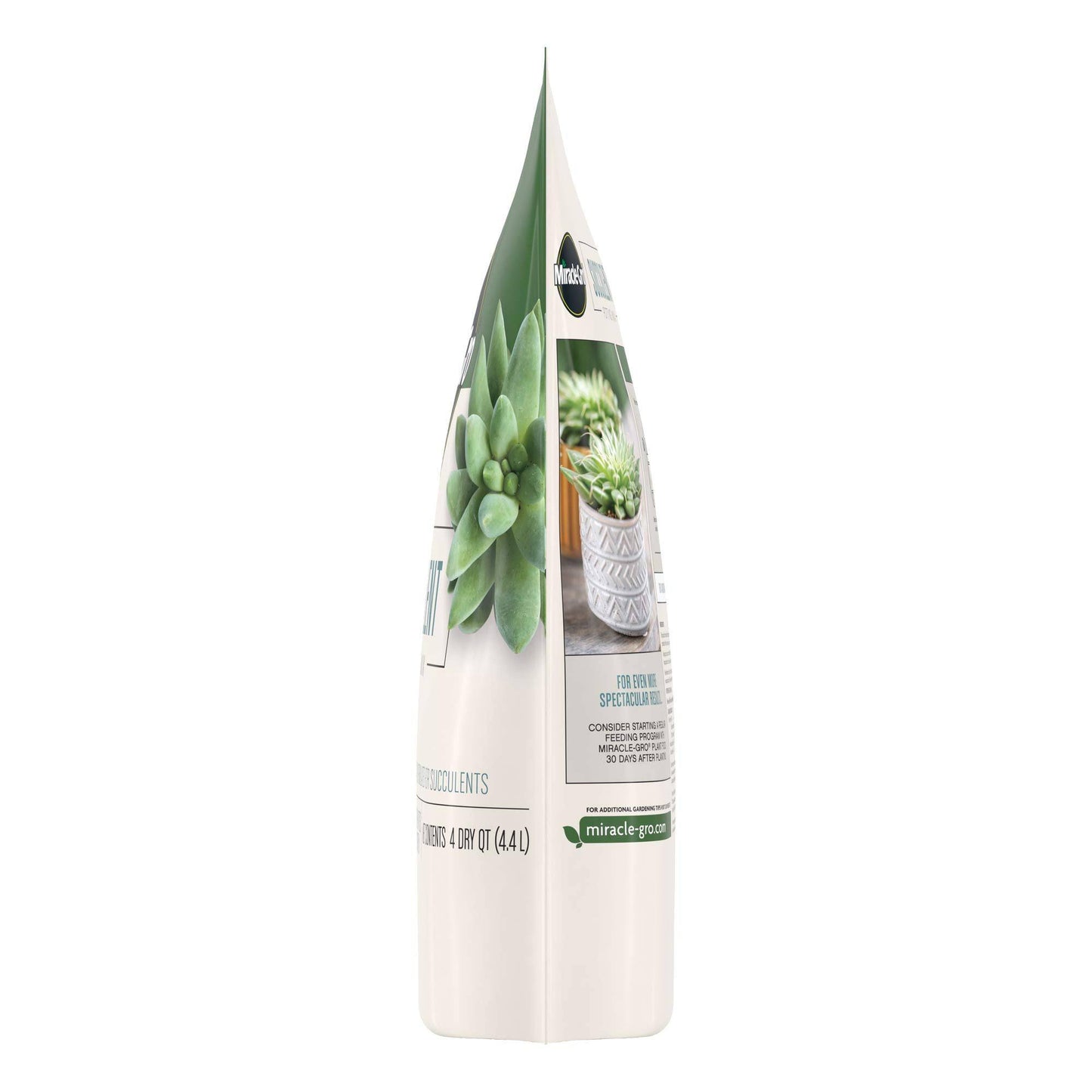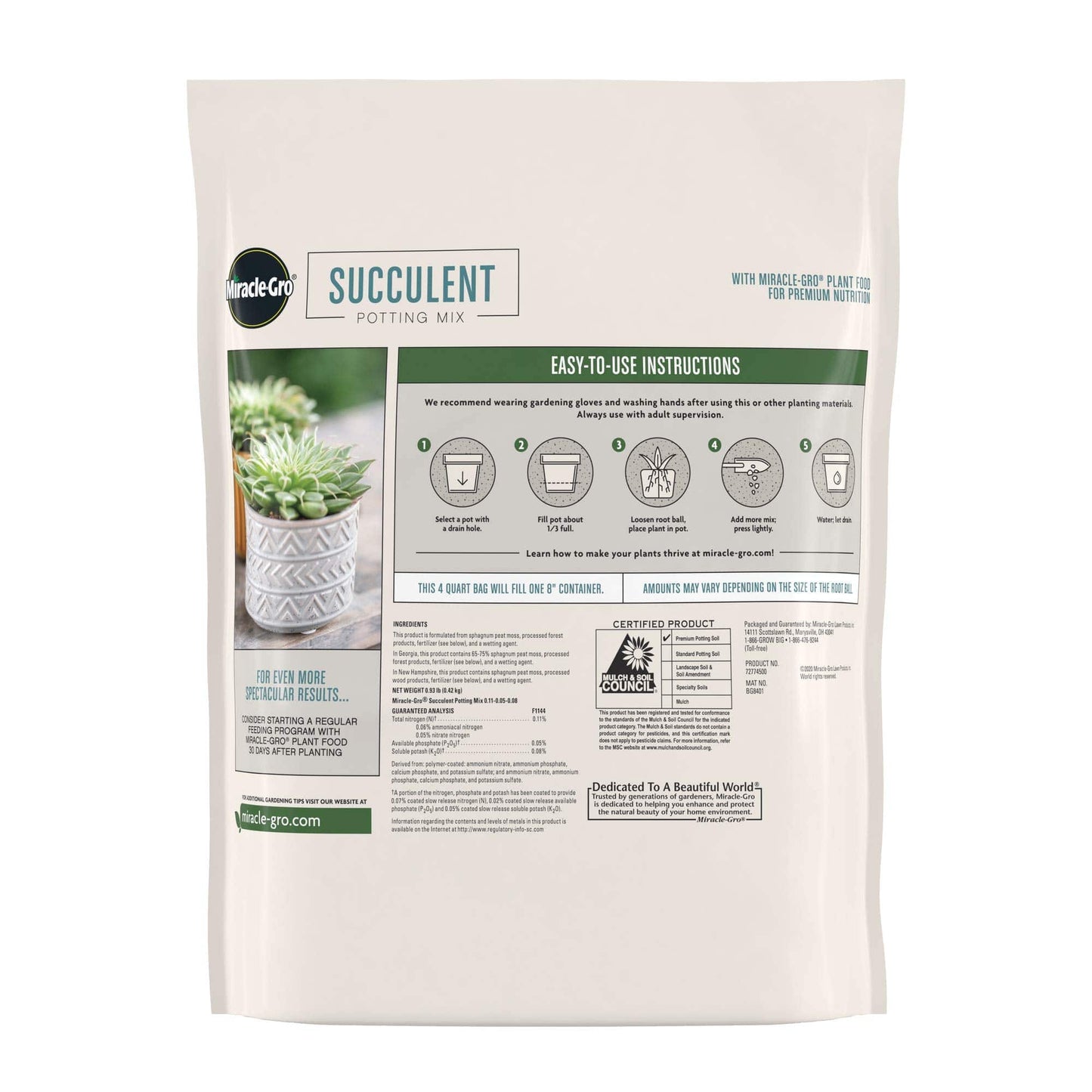Introduction
Are you passionate about plants and the environment? If so, exploring horticulture jobs near you may be the perfect pathway to a fulfilling green career. Horticulture is not just a profession; it's a lifestyle choice that contributes positively to society and the planet. In this article, we will delve deeper into what horticulture entails, the various career paths available, how to find these jobs, the educational requirements, and the benefits of pursuing a career in this vibrant field.
What is Horticulture?
Horticulture is the science and art of cultivating plants. It encompasses a wide range of activities including:
- Growing fruits, vegetables, and ornamental plants
- Landscape design and maintenance
- Floriculture (flower cultivation)
- Viticulture (grape cultivation)
- Plant propagation and nursery management
- Environmental restoration and conservation
With a growing interest in sustainability and local food production, the demand for horticulture professionals is on the rise. Horticulturists play a pivotal role in enhancing food security, improving urban environments, and promoting biodiversity.
Types of Horticulture Jobs
When considering horticulture jobs near you, there are several career paths to explore. Each role offers unique opportunities and challenges:
- Horticulturist: Specialists in plant cultivation, often working in research, production, or consulting roles. They may focus on specific plant species or broader agricultural practices.
- Landscape Designer: Professionals who create beautiful outdoor spaces using plants, hardscaping, and other design elements. They work on residential, commercial, and public landscaping projects.
- Arborist: Experts in tree care and maintenance, focusing on tree health, safety, and management. Arborists assess tree condition, perform pruning, and manage pest issues.
- Floral Designer: Artists who create arrangements using flowers and plants for events, holidays, and everyday occasions. Floral designers need a keen eye for color and design.
- Agronomist: Scientists who study soil and crop production to improve agricultural practices. They may work on improving crop yields or developing sustainable farming methods.
- Botanical Garden Curator: Professionals responsible for managing plant collections, developing educational programs, and conducting research in botanical gardens.
- Greenhouse Manager: Oversees the daily operations of a greenhouse, including the care of plants, staff management, and production schedules.
- Environmental Consultant: Works with organizations to develop sustainable practices, including land restoration and environmental impact assessments.
How to Find Horticulture Jobs Near You
Finding the right horticulture job can be simplified by following these steps:
- Utilize Job Search Websites: Websites like Indeed, Glassdoor, and LinkedIn can help you find local job listings. Use keywords like "horticulture jobs" or "landscape design careers" to narrow your search.
- Network: Connect with professionals in the field through social media platforms such as LinkedIn, and attend local horticultural events, workshops, and conferences. Engaging with local gardening clubs can also provide valuable contacts.
- Visit Botanical Gardens and Nurseries: These places often have job postings or can provide valuable contacts. Many botanical gardens offer volunteer opportunities that can lead to paid positions.
- Join Horticultural Societies: Becoming a member of local or national horticultural organizations can open up job opportunities and provide resources for job seekers.
- Check Community Colleges and Universities: Many educational institutions have job boards for their students and alumni. They can also provide information on internships or apprenticeships.
Education and Training
While some horticulture jobs may not require formal education, having a degree or certification can enhance your job prospects significantly. Consider the following educational paths:
- Associate or Bachelor’s Degree in Horticulture: These programs provide foundational knowledge in plant science, soil management, pest control, and landscape design.
- Certificate Programs: Specialized programs in Landscape Design, Floral Design, or Urban Horticulture can prepare you for specific roles in the industry.
- Internships or Apprenticeships: Gaining hands-on experience through internships at local nurseries or botanical gardens is invaluable. This practical knowledge can make you a more attractive candidate.
- Online Courses: Many universities and platforms like Coursera or Udemy offer online courses in horticulture, allowing you to learn at your own pace while still working.
The Benefits of a Career in Horticulture
Choosing a career in horticulture offers numerous benefits, including:
- Job Satisfaction: Working with plants and nature can be incredibly fulfilling. Many horticulturists report high levels of job satisfaction due to their passion for the work.
- Positive Impact: Contributing to environmental sustainability and food security is a significant motivator for many individuals in this field.
- Diverse Opportunities: A wide range of career options and specializations allows you to find a niche that suits your interests and skills.
- Growing Industry: Increasing demand for horticulture professionals in various sectors, including landscaping, agriculture, and environmental conservation, means ample job opportunities.
- Connection with Nature: Many horticulture jobs involve working outdoors, which can lead to a healthier lifestyle and a deeper appreciation for the environment.
Challenges in the Horticulture Field
While horticulture can be rewarding, it also presents certain challenges that aspiring professionals should consider:
- Seasonal Work: Many horticulture jobs, especially in landscaping and agriculture, may be seasonal, leading to fluctuations in income.
- Physical Labor: Many positions require significant physical activity, including lifting, digging, and standing for long periods.
- Weather Dependence: Outdoor work can be affected by adverse weather conditions, which may impact job performance and schedules.
- Continuous Learning: The field of horticulture is constantly evolving, requiring professionals to stay updated on new techniques, pests, and plant varieties.
Getting Started in Horticulture
If you're excited about the prospect of working in horticulture, here are some steps to get started:
- Research Local Opportunities: Look for local horticulture-related events, workshops, or community gardens where you can volunteer.
- Start a Garden: Whether it's a small herb garden on your balcony or a larger vegetable plot in your backyard, starting your own garden can provide valuable experience.
- Connect with Local Experts: Seek mentorship from experienced horticulturists or landscape designers in your area. Their insights can guide you in your career journey.
- Be Open to Learning: Engage in online forums, read books, and watch videos about horticulture to broaden your knowledge.
Conclusion
If you're considering a career in horticulture, now is a great time to explore the opportunities available near you. With a passion for plants and a commitment to sustainability, you can embark on a rewarding career that not only fulfills your personal goals but also contributes to the well-being of your community and the planet. As you navigate this green pathway, remember that every plant you nurture and every landscape you design can make a difference in our world.














